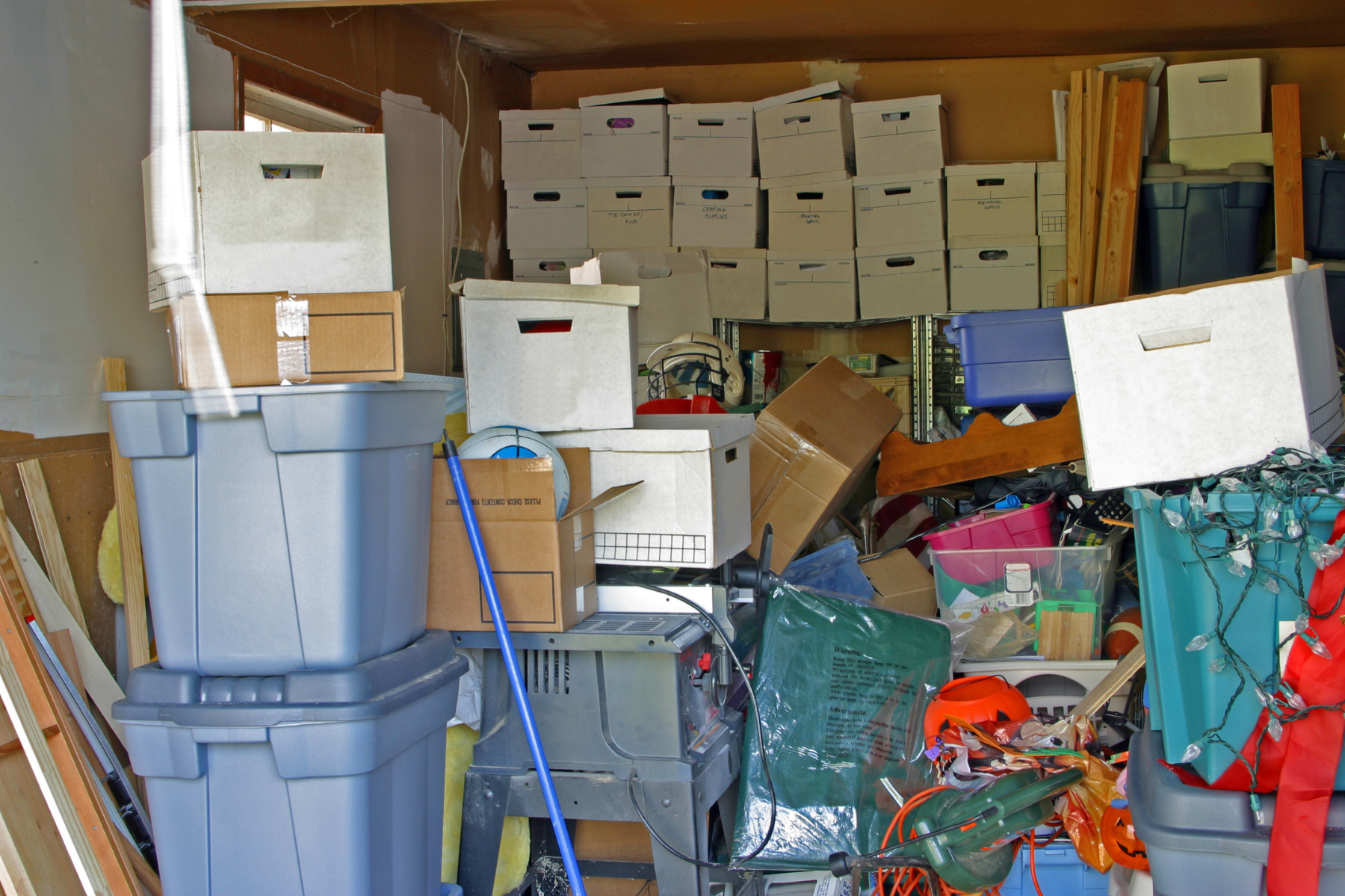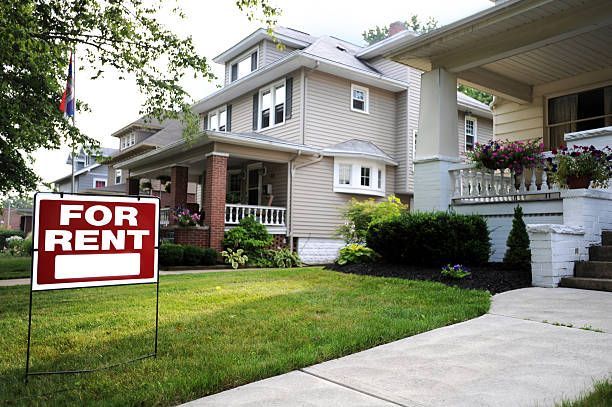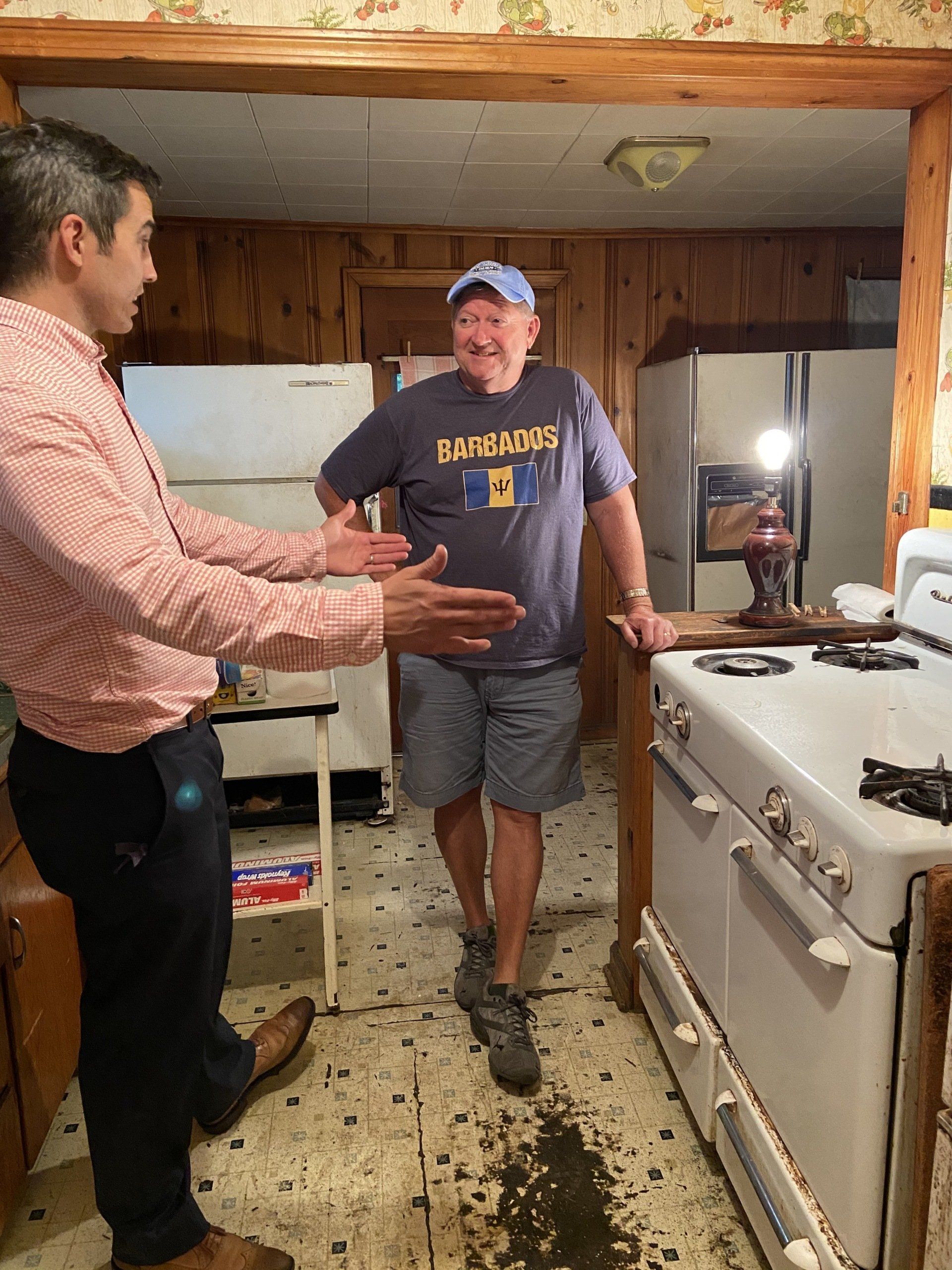The realities of inheriting a property
Eddie Van Buskirk • October 28, 2022
Whenever you imagine what it might be like to be the heir of an estate, you might think it means a large influx of money for yourself, taking over all the possessions, or maybe they are passing on valuable antiques, gold, or maybe guns to you and your children. That is all good and some of these scenarios might turn out to be true, but what about the rest? What about other family members that might want a piece of all of those things? What steps do you have to take to be able to get your hands on that money? Many people look at inheriting a property as a huge pay day so I want to dive into this notion to bring forth the additional realities of such a situation.
Multiple People Involved
When someone passes on their possessions they are usually passed on to multiple people. This is one of the biggest reasons why the money never makes it to the family members - disputes arise between the family members and make decisions difficult and complicated to act on. Now, let’s pretend there are no arguments between family members, what is going to happen to the belongings in the house and who is responsible for which tasks? Who is going to coordinate the estate sale? Who is going to do the cleanout? Are there repairs that need to be done? Who is going to do those? Who is going to pay for the expenses in the interim? Was there money in the estate to cover these expenses, let alone the ongoing bills like mortgage, utilities or taxes? It can quickly get overwhelming and usually it becomes the personal representative’s responsibility (and burden). If you are the sole heir to an estate are you ready to handle all of this on your own?
Years Worth of Belongings
Many times, when people inherit a property, they plan to host an estate sale to empty out the unwanted possessions and then then house will be ready to sell on the market. In many cases if the estate does not have enough possessions of significant value, companies won’t do an estate sale (this is common when the family members each take what they want from an estate and only plan to sell “what’s left”). When there is an estate sale the company facilitating the sale, they take, on average, 50% of the profits. If there is not enough value to do an estate sale then what does the family do with the belongings in the house? Does everything get donated, dispersed among family or thrown away? Sometimes it can be crippling for heirs to throw away something that might seem meaningless and simple, but might bring back strong memories. And with a whole house full of these belongings, it can make it almost impossible to sell, or especially, throw away things that have sentimental value.
Mortgage or Reverse Mortgage on the Property
In many cases there can still be a mortgage or a reverse mortgage on the property that result in little or no value in the property once the family has cleared out the house. If there is a mortgage on the property this can be difficult if the families do not inherit any money to pay the bills each month. In situations like this, it may put the heirs in a tight financial situation if they are to come up with that additional money each month for new expenses. If the house is foreclosed on, then the family might lose out on any potential equity. If a reverse mortgage was taken out on the house many family members assume that there is nothing they can do about it and subsequently choose to let the house get foreclosed on. This is not the case, many times there is still equity in the house and it can be sold, the reverse mortgage can be paid off and the heirs get to keep the rest. Other times there is negative equity but it is a relatively easy process to short sale an inherited property because the debts of the deceased person are not taken into consideration. Typically the family just signs the paperwork and lets the real estate agent do all the work. Why would someone go through that extra work when they get nothing? In a reverse mortgage situation the bank usually does not foreclose right away and it can sometimes take a year or more. Many people do not want to see their parents or other house become dilapidated, rundown, or vandalized and become a blight on the neighborhood, this is the reason that a person might jump through all the extra hoops to prevent the house from being foreclosed on.
What Can You Do?
Since most people only inherit a house one, maybe two, times in their lifetime it is not something that most people are experts at doing. That is why hiring a team that can help in all of these areas whether it is simply speeding up the process to prevent a foreclosure, or knowing who the right people are to host an estate sale or repair on the house, or being able to sort through the items that are important and know which ones can get donated or thrown away. That is where Kansas City Legacy Properties comes to the scene. We have been helping heirs navigate these and many other obstacles in their journey of their inherited property. Give us a call at 816-281-7586.










